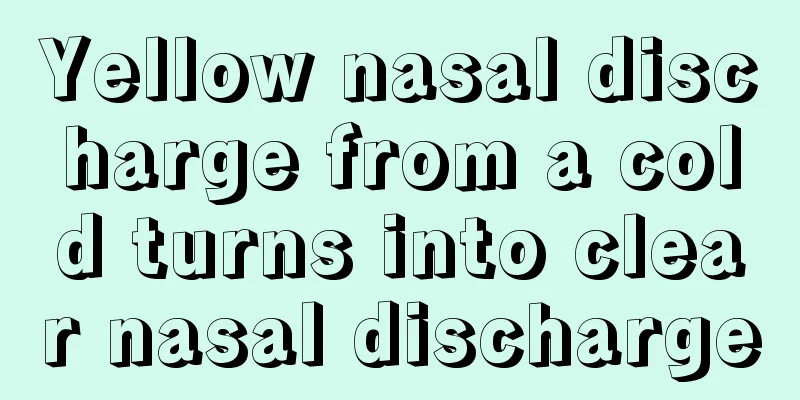Why can't you eat before surgery

|
People are not allowed to eat before having surgery. Some people don't quite understand this. In fact, not eating and drinking before surgery is entirely for the sake of one's own health. Anesthesia will definitely be required during surgery. After anesthesia, people will enter a deep sleep state, during which people are completely unconscious. Once food and water enter the trachea, it will cause suffocation. If it is not discovered in time, it may be life-threatening. Reason 1: When patients undergo surgery, they are often prone to nausea and vomiting due to the stimulation of drugs. If there is something in the stomach, it may be inhaled into the trachea and lungs when vomiting, causing life-threatening danger. Therefore, not only can patients not eat before surgery, some of them also need to undergo enema to remove remaining food in the gastrointestinal tract. Reason 2: Due to the size, age, and general condition of the patient, eating and drinking should be prohibited 12 hours before general surgical operations, and drinking water should be prohibited starting 4 hours before the operation. Start fasting after dinner. You can drink 250-500ml of boiled water or sugar water before going to bed, but do not consume any other high-nutrition beverages or solid food. It should be emphasized here that dairy products are not beverages but solid foods because they take a longer time to be digested in the stomach. If it is the first surgery on the day of surgery, do not drink water or eat any food after getting up in the morning; if it is a connecting surgery, you can drink a small amount of boiled water or sugar water 4 hours before the surgery. Pediatric patients are generally prohibited from eating (including dairy products) 6 hours before surgery and drinking water 3 hours before surgery. Specific fasting precautions should be strictly followed according to the doctor's instructions. Reason three: Gastrointestinal preparation is an important part of preoperative preparation. This is to prevent vomiting during anesthesia or surgery and cause suffocation or aspiration pneumonia. This vomiting reaction may occur at any time during anesthesia, especially during endotracheal intubation, suction and catheter removal. If you undergo surgery under anesthesia after eating or drinking a lot of water, the food in your stomach may be vomited out before it can be digested and enter the intestines. This will not only affect the normal progress of the operation, but may also cause serious complications and even threaten the patient's life safety. |
<<: The best age for myopia surgery
>>: How many days does it take to recover from hemorrhoid surgery
Recommend
Lifespan of artificial lumbar disc
I think lumbar disc herniation is a very serious ...
Does good kidney mean good sexual function?
Everyone knows that the human kidneys and sexual ...
Why is the butt crack itchy
In the eyes of many people, the buttock groove is...
What do you use to stick dentures?
When there is a problem with the teeth, we need t...
What are the symptoms of mushroom poisoning and how to treat it?
Mushrooms are a very important ingredient in life...
Postoperative analgesia for rectal cancer
The onset of rectal cancer will directly affect t...
What is the dosage of ginkgo leaves?
Ginkgo is a very ancient tree species with a hist...
What are the symptoms of patients with advanced lung cancer? Several symptoms of advanced lung cancer
When people suffer from lung cancer and it develo...
How to treat intrahepatic bile duct stones
Intrahepatic bile duct stones are a common diseas...
How to quickly recover from sunburned knees?
Many women choose to go swimming at the beach to ...
The pores on my legs are enlarged
According to our minds, the skin on the legs shou...
Numbness in left big toe
Toe numbness is a phenomenon that many people hav...
What causes acne near the collarbone?
Acne near the collarbone is distressing and embar...
What's wrong with lots of belching and farting
Belching and farting frequently are problems that...
Nasal endoscopy revealed red blood streaks
In modern society, more and more people are deepl...









